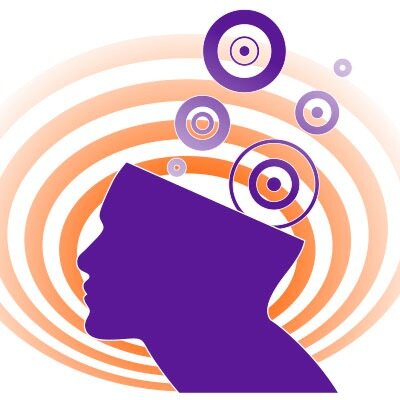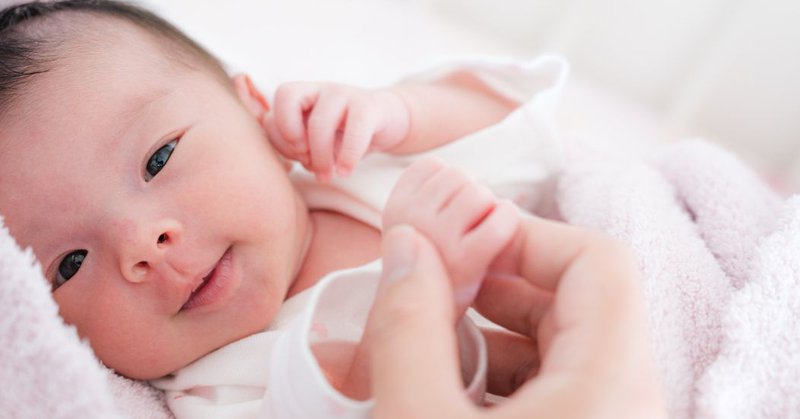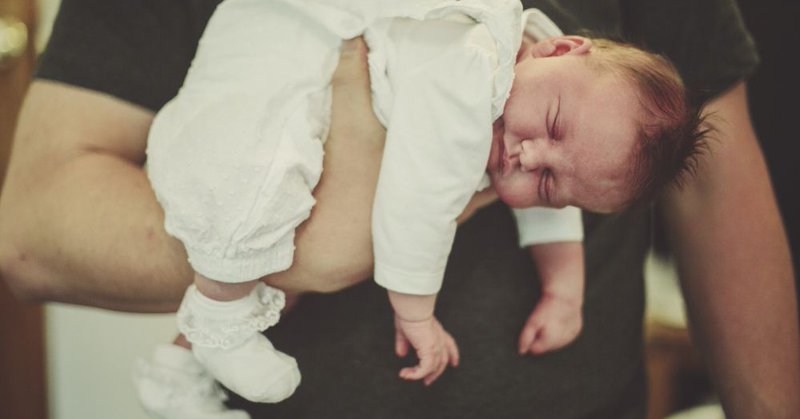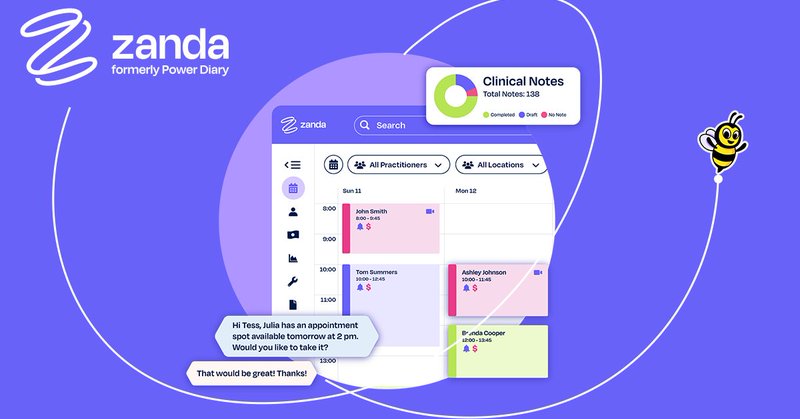
BPS Research Digest
@ResearchDigest
Followers
94K
Following
2K
Media
4K
Statuses
21K
The latest psychological research, digested by the British Psychological Society.
Joined March 2009
In the latest episode of PsychCrunch, Tabby Taylor Buck delves into the world of unconventional therapeutic activities. From rock climbing to DND to cold water immersion, what therapeutic threads run through our trivial pursuits?. Find out with episode 42
1
3
1
Contrary to some previous work, a new study suggests that both conspiracy believers and non-believers use analytic thinking styles:
bps.org.uk
New work suggests that both believers and non-believers use analytic thinking styles.
0
0
2
RT @ResearchDigest: The brain doesn't reorganise itself following amputations, according to a new study published this week in @NatureNeuro….
bps.org.uk
New research challenges existing ideas about brain reorganisation following amputations, and helps explain amputees’ sensory experiences.
0
3
0
Even perceiving someone who’s sick ramps up our immune response, according to new research:
bps.org.uk
Recent research finds that even perceiving someone who’s sick ramps up our immune response.
0
1
3
The brain doesn't reorganise itself following amputations, according to a new study published this week in @NatureNeuro. The findings help explain some amputees’ sensory experiences, and seemingly upend some long-held beliefs in the cognitive sciences:
bps.org.uk
New research challenges existing ideas about brain reorganisation following amputations, and helps explain amputees’ sensory experiences.
0
3
6
RT @ResearchDigest: How early can we tell if someone (or something) is behaving in a prosocial way? A new study suggests that we may have t….
bps.org.uk
Newborn babies seem able to distinguish between prosocial and non-social behaviour in new study, though questions remain.
0
4
0
RT @BPSOfficial: 🎉1 million readers, thanks to you!. To celebrate this milestone, the @psychmag & @ResearchDigest team have picked some of….
0
5
0
How early can we tell if someone (or something) is behaving in a prosocial way? A new study suggests that we may have the ability from birth:
bps.org.uk
Newborn babies seem able to distinguish between prosocial and non-social behaviour in new study, though questions remain.
0
4
5
More research is needed to develop effective mental health support for witnesses to the climate crisis, according to a new meta-analysis:
bps.org.uk
Many approaches appear to fall short, and more research is needed to develop effective support, according to a new meta-analysis.
1
0
0
Pain is a complex phenomenon, made up of three distinct components: sensory, emotional, and cognitive. New research suggests that these facets develop at different rates, opening up yet more questions about how newborns experience pain:
bps.org.uk
Brain scans reveal that the networks required to experience pain fully develop at different rates, with implications for pain management in babies.
0
0
1
Would striking up a friendship with a robot make you more receptive to being around them?. New research suggests so, finding that playful antics from synthetic friends lead us to see them as more human:
bps.org.uk
New research investigates how autonomous and human-like we perceive playful robots to be.
0
0
1
Do common psychological models capture the complexity of living with chronic illness?. A recent study would argue not - and provides a lens through which to better capture the experience:
bps.org.uk
The newly-developed Traumatic Chronic Illness Survival model leans away from traditional ‘transformation’ narratives, illustrating the complex experiences of chronic illness.
0
1
3
Have workplace training modules been missing a vital piece of the puzzle when it comes to preventing abuse from managers?. Recent research suggests that it's not all about stress. Sometimes, it's about control:
bps.org.uk
Recent research gathers motives of supervisors that hurl abuse, analysing their reasoning and providing insights for mitigation.
0
0
2
Perceiving issues as severe or widespread can lead people to disengage from finding solutions, a recent study finds:
bps.org.uk
Perceiving issues as severe or widespread can lead people to disengage from finding solutions, a recent study finds.
0
1
1
RT @ResearchDigest: Do you remember what it was like to start school? Intimidating new places, a new schedule, lots of potential friends an….
0
2
0
Crocodile tears are hard to spill, but most of us can still spot them. New research, however, finds that our ability to spot them seems to be affected by factors beyond just facial expressions:
bps.org.uk
Factors beyond just facial expressions seem to influence how we identify fake crying, according to a new study.
0
0
3
Do we see religious belief as the default? A new study investigates:
bps.org.uk
A new study investigates 'belief in belief' around the world.
0
0
2
PsychCrunch is sponsored by Zanda, the all-in-one practice management software designed for psychologists. With telehealth, easy mobile access, and automated tools, Zanda helps you run your practice, your way. Find out more at
zandahealth.com
Practice management software loved by allied health practitioners. One of the only systems to be ISO 27001 certified for the highest data security and privacy.
0
0
1
Whether you're navigating a child starting school, or reminiscing about your own experience, we hope this episode gives you some food for thought. A big thank you to our wonderful guest, Professor Claire Hughes of @CFR32, and our host for this episode, @jonmsutton.
1
1
0

















